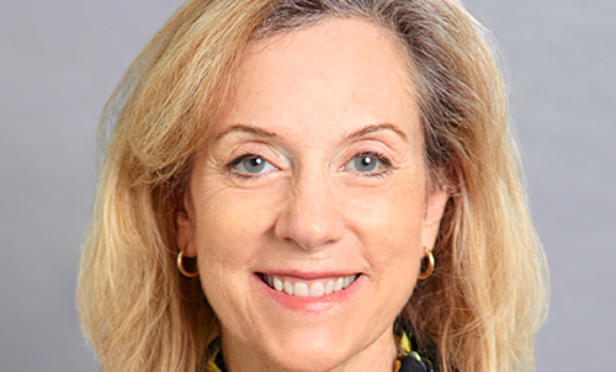There are mixed reviews on the benefits of opportunity zone fund investments, but in the end, opportunity zones require the same analysis and scrutiny as standard investments. Catherine Holmes of Jeffer Mangles Butler & Mitchell says that strong fundamentals are integral to investing in opportunity zones, but if investors follow the same guidelines that they would for any real estate investment, they can be a good investment prospect.
“Investors should be looking for projects that have strong fundamentals—including developers with strong track records of prior successful developments, reasonable capital appreciation potential based on market research, and developers with skin in the game,” Holmes, chair of JMBM's Investment Capital Law Group, tells GlobeSt.com. “In this respect, investing in Opportunity Zone projects requires the same analysis of risk and potential reward as other investments.”
Holmes advice to investors considering opportunity zones is first to consider the fundamentals as they would for any other investment, including sponsor track record, appraisals, reasonable projections based on market research, available sources of capital to complete the project, entitlements and timeline to complete the project. “Second, be wary of investing in “blind pool” funds that have not identified any properties for purchase, because you can't analyze the fundamentals of the investment,” adds Holmes. “Third, watch out for funds that have too many fees going to the sponsors of the Fund, especially fees that are paid irrespective of the profits of the investment. Fourth, understand that not all of the rules for Opportunity Zone investing have been set, so there may be changes necessary to be made in the Opportunity Zone Fund after you invest.”
While the first round of regulations were released last month, stirring excitement around opportunity zone funds, there are still questions. “The most important unanswered question is whether investors will have any ability to receive distributions from refinancing proceeds during the 10 years they are required to hold their investment in order to receive the full tax benefit of the investment in the Opportunity Zone,” says Holmes. “Especially since investors will be required to pay taxes on their original capital gain by December 31, 2026.”
While the capital gains tax deferment is the major gain of opportunity zones, there are also challenges. “Establishing an Opportunity Zone Fund before all of the tax regulations have been adopted, including most importantly the rules relating to sale of Opportunity Zone property during the 10 year holding period and reinvestment in new Opportunity Zone property,” explains Holmes. “Structuring a capital stack that include Opportunity Zone Fund financing and other sources of financing, including loans and other equity. And, competing for capital with other new Opportunity Zone Funds.”
© Touchpoint Markets, All Rights Reserved. Request academic re-use from www.copyright.com. All other uses, submit a request to [email protected]. For more inforrmation visit Asset & Logo Licensing.







